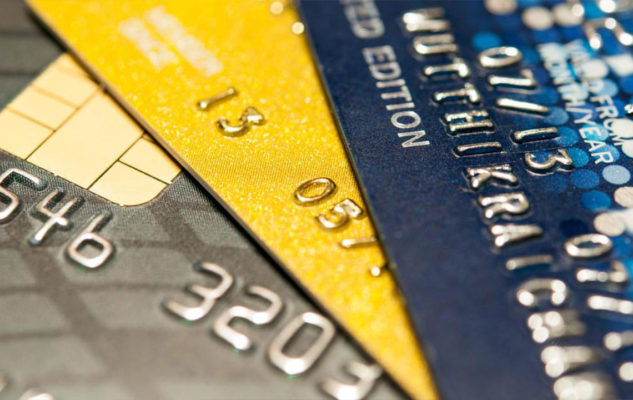Essential Guidelines for Teens Opening Their First Checking Accounts
This article provides essential tips for parents and teens on opening and managing checking accounts. It covers age considerations, account features, supervision, and monitoring practices to foster responsible money management from a young age.
Sponsored

Today’s teenagers are increasingly aware of financial independence and the importance of saving. Many are opening bank accounts early, with parental support, to learn money management and prepare for future expenses. Here are key points parents should consider when their children open checking accounts.
Appropriate Age Selection
Banks typically permit children as young as 13 to open checking accounts. Parents should choose the right age for their child's maturity level.
When teens carry a debit card linked to their account, it functions like cash. For ages 13-17, parents can supervise and set restrictions on account access and transactions.
Account Features and Availability
Most student checking accounts are either free or low-cost. Many banks waive monthly fees for individuals under 24 and don’t require a minimum balance. Online features such as internet banking, mobile apps, and e-statements facilitate easy account management for teens.
Online banking enables direct deposits, fund transfers, and debit card usage, giving teens independence while allowing parents to monitor activity.
Joint Setup and Supervision
Linking checking with savings accounts helps teens learn savings habits. Parents should encourage responsible card use, supervise transactions, and remind teens not to share banking details.
Activity Monitoring and Education
As teens become comfortable managing their accounts, parents should teach them to check balances regularly and set up transaction alerts. Continuous guidance ensures responsible banking practices and financial awareness.






